Pregnancy Diet
FAQs
Eating right during pregnancy is super important! Think lean proteins, whole grains, dairy, and lots of fruits and veggies. Mix it up to grab all those nutrients you and your little one need. Keep up with your water intake, and remember you only need about 300 extra calories a day while pregnant.
Your baby is counting on you to provide all kinds of nutrients, so try to load up on foods rich in folic acid, iron, calcium, vitamin D, DHA, and iodine. This can include leafy greens, lean proteins, fortified cereals, bread, eggs, and dairy.
Folic acid is super important for a baby’s brain and spine development. You can find it in foods like spinach and kale, beans, oranges, strawberries, and even in some fortified cereals and bread.
Absolutely! While pregnant women are sometimes told to steer away from soft cheeses due to the risk of listeria, this only applies to cheeses that are unpasteurized. As long as the brie and camembert are thoroughly cooked and made from pasteurized milk, they’re safe to eat.
Peanut butter is great for protein and is totally okay to eat when you’re pregnant. With fish, just stick to the low-mercury kinds like salmon, tilapia, and shrimp. You can have up to 12 ounces of that kind of fish a week, and you’re good. You can have cheese, too; just make sure it’s made with pasteurized milk.
Absolutely, you can usually enjoy mayonnaise even when you’re pregnant. The real worry comes from homemade mayo because it might have raw eggs, and those can have salmonella. But the mayo you grab off the shelf? That’s generally made with pasteurized eggs, so it’s safe to eat. Just take a look at the label to be sure.
Absolutely, there are some foods you’ll want to steer clear of during pregnancy to keep your little one safe. Skip the high-mercury fish, like swordfish, shark, and king mackerel. Also, it’s best to avoid undercooked or raw shellfish, meats, raw eggs, and anything with unpasteurized dairy.
It’s really important to skip the alcohol while you’re pregnant. Even a little bit can mess with your baby’s growth, and there’s no safe amount when you’re expecting. If you’re finding it tough to quit, definitely reach out to your healthcare provider for some support.
There’s no need to quit caffeine completely, but try to keep it in check. The experts at the American College of Obstetricians and Gynecologists suggest sticking to less than 200 milligrams a day – that’s roughly one 12-ounce cup of coffee. But it’s also important to remember that soda, chocolate, tea, and energy drinks also include caffeine – so keep an eye out for your intake of those as well.
Starting a strict diet during pregnancy isn’t the best idea. Your body needs lots of calories and nutrients to help your baby grow. But eating healthy is still key. Worried about weight gain or nutrition? It’s a good idea to chat with your doctor or a dietitian.
This varies, but pregnancy cravings are most often reported to start to appear during the first trimester, as early as week 1. But, typically, these cravings can start to peak during the second trimester and fade away in the third trimester.

